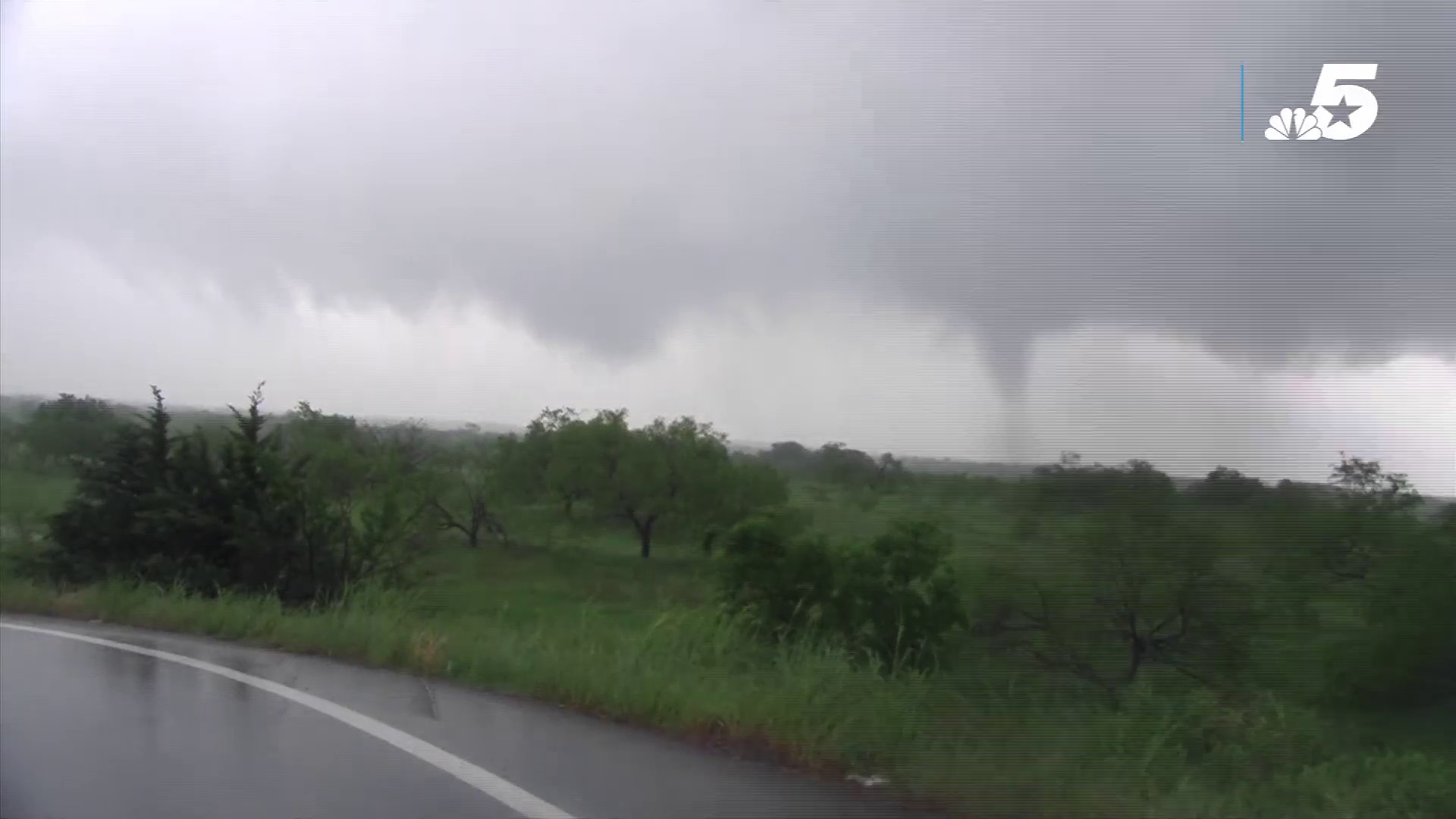NBC 5 Investigates built an in-depth, online database designed to show by zip code how frequently the four largest counties in North Texas conduct mosquito trapping and testing for West Nile virus. The database also provides the most recent date a zip code was tested and the number of mosquitoes in that zip code that could potentially carry the West Nile virus.
Since last summer’s epidemic, the health departments in Collin, Dallas, Denton and Tarrant counties have significantly increased testing for the West Nile virus, trapping more mosquitos than ever before.
Each county posts the locations of mosquito traps that test positive for West Nile virus on their respective websites, but NBC 5 Investigates took a deeper look at how often the counties really test in each neighborhood.
To get that information, NBC 5 Investigates spent weeks filing open records requests with the health departments in Collin, Dallas, Denton and Tarrant counties to obtain this year’s test results. Those results were compared with the data that each health department releases publicly online.
- Dallas County’s website does not show how many times they’ve tested mosquitos in each neighborhood or zip code.
- Collin County only breaks down the number of trappings by city.
- Denton County lists trappings by zip code, but not in a way that makes it easy to compare total numbers.
- Tarrant County only provided a detailed, interactive map.
“We wanted people to know what’s going on so they can try and make some determinations for themselves,” said Tarrant County Health Department division manager, David Jefferson.
On Tarrant County’s website, users can actually see how often different neighborhoods receive mosquito traps.
Local
The latest news from around North Texas.
And it's clear -- some areas have been tested more than others.
For example -- Tarrant County records show one zip code here in Southlake had more trappings than any other zip code in the County this year -- a lot more than some other zip codes.
The Tarrant County Health Department said Southlake’s number of trappings is so high because they city has been very aggressive about using traps the county provided.
“So if they turn up with higher numbers, that’s a case of them (the city) running the traps more,” said Jefferson.
Dr. William Reisen, one of the nation’s foremost experts on West Nile virus, believes people have a right to see how often communities are checking for the virus.
“Well I guess its taxpayers money that goes to support these programs and therefore I think they are entitled to that information,” said Reisen.
Reisen said it may also be helpful for some people to have more detailed information -- like the raw number of culex mosquitos caught in a particular zip code.
Culex mosquitoes are the ones that can potentially carry the virus. Southern House mosquitos are the Culex species found most frequently in North Texas.
Only Collin and Denton counties provide those numbers online and only Denton County breaks it down to zip code level.
The county health departments said they will provide more details to anyone who files a request for information like NBC 5 Investigates did. But on their websites, they're trying to strike a balance between too little information and too much.
“Whether we strike that right balance or not, I don't know. We try to find that balance -- we listen to the calls coming in from the people,” said Jefferson.
“If you're going to make informed decisions, the more information in your decision support system the better there is,” said Reisen. “Everything in life has risks and the more information you have about the risks the better you can decide if you want to take it.”
Reisen said more detailed information might help event planners decide whether to hold an outdoor event or cancel it, or help a family decide if they should be outside in the evening or not.
Mike Clark, a Dallas doctor who contracted West Nile virus in 2012, believes information like that can save lives, or save someone else the pain he experienced.
“I had a lot of pain, mainly in the chest and weakness,” said Clark. “I didn’t realize how bad the disease actually was until I had it. I mean it’s very debilitating.”
In 2012, 89 people in Texas died after contracting West Nile virus – so Clark knows he’s fortunate among those who have had the virus.
“I think it's nice to have the public aware of testing. I think it would be good to know if they're doing it,” said Clark.
A reminder, the NBC 5 Investigates Mosquito Tracker database includes county information only. Some cities also conduct their own tests and only some of them report that information to the county health departments. Also, not every zip code should have the same number of traps. The decisions are made based on looking at geography, population density and other key factors, but now viewers are able to see more details.



